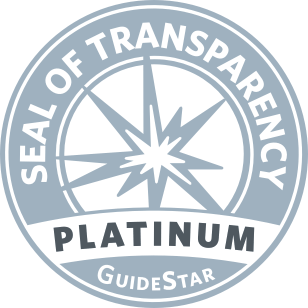
Depression Beating Exercises | Justin Boggs
These exercises may do a better job treating depression than medicine
An analysis published Wednesday in medical journal The BMJ indicates that several types of exercise were “superior” to antidepressants for treating depression.
The study included 218 randomized controlled trials with 14,170 participants from multiple countries.
According to study lead author Juan Ángel Bellón of the University of Malaga in Spain, walking or jogging, yoga, and strength training appeared to be more effective than other types of exercises.
The study noted that increasing the intensity helped make exercising more effective at treating depression, but even low-intensity exercise had benefits.
“Primary care clinicians can now recommend exercise, psychotherapy, or antidepressants as standalone alternatives for adults with mild or moderate depression,” Bellón wrote. “The final choice depends on patient preference and other considerations, including any barriers to access. Clinicians and patients should also take into account the benefits of exercise in preventing or treating chronic conditions such as Type 2 diabetes, overweight and obesity, cardiovascular disease, cancer, and cognitive impairment.”
Bellón said that while exercise was more effective than antidepressants, the combination of medicine and exercise makes treatment even more effective.
The new research adds to previous research that indicates exercise might do a better job at treating depression than antidepressants.
According to findings published in the Journal of Affective Disorders in 2023, running is just as effective as antidepressants. Professor Brenda Penninx presented her studies to the European College of Neuropsychopharmacology.
About 44% of people who participated in running activities showed improvement with depression and anxiety.
Penninx said in a release that the antidepressants still work, but running and exercise could be a viable alternative.
“Both interventions helped with the depression to around the same extent,” Penninx said. “Antidepressants generally had worse impact on body weight, heart rate variability, and blood pressure, whereas running therapy led to improved effect[s] on general fitness and heart rate, for instance.
Bellón noted there might be obstacles impeding people from using exercise to treat depression.
“Many people have no access to exercise facilities, or they live in neighborhoods where it is unsafe to walk or jog,” he said. “Health services and local and national administrations should provide enough resources to make individualized and supervised exercise programs accessible to the entire population.”
The Centers for Disease Control and Prevention estimates that just 24.2% of U.S. adults meet guidelines for both aerobic and muscle-strengthening activity.
The CDC advises adults to get at least 150 minutes of moderate, or 75 minutes of vigorous, physical activity a week in addition to two days of strength training.


